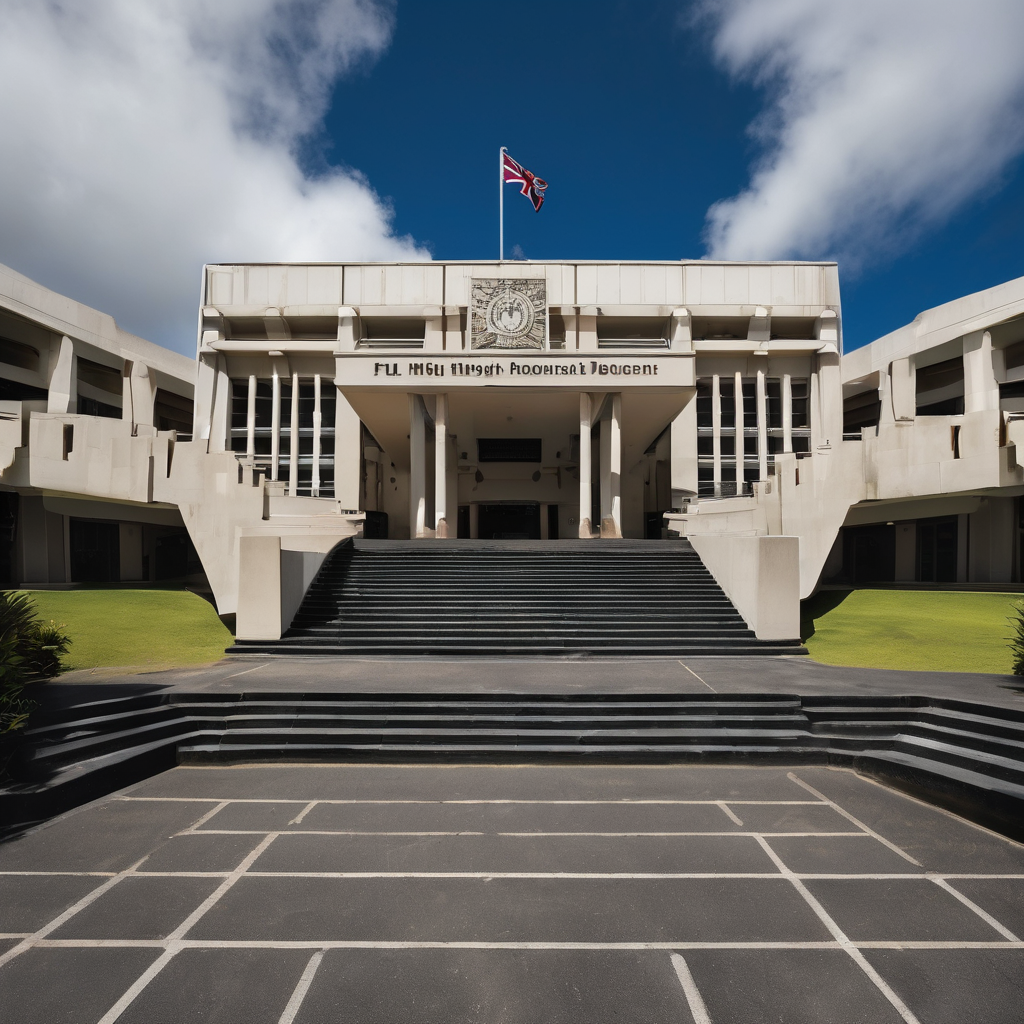The former attorney-general, Aiyaz Sayed-Khaiyum, and the former supervisor of elections, Mohammed Saneem, are at the center of a high-profile legal case in Fiji, with proceedings commencing in the Suva High Court today. Both face charges related to abuse of office, with significant implications for governance and accountability within the nation’s public offices.
The case, which is presided over by Chief Justice Salesi Temo, involves allegations that Sayed-Khaiyum, in his capacity as acting Prime Minister and chair of the Constitutional Offices Commission (COC), executed a second Deed of Variation and Addendum. This agreement purportedly allowed the government to waive additional deductible taxes on Saneem’s back pay without securing the requisite approvals from the President or the COC, violating Section 136 of Fiji’s 2013 Constitution.
On the other hand, Saneem is accused of unlawfully requesting and obtaining a tax relief benefit amounting to $55,944.03. This was allegedly secured from Sayed-Khaiyum, linked to back-pay adjustments under the controversial Deed of Variation, again without necessary approvals.
The defense plans to file a no case to answer application, which will be followed by submissions. The State plans to respond promptly, with the hearing scheduled to commence in the afternoon.
The trial has garnered substantial public interest due to its potential to impact policy reform concerning public office ethics and oversight in Fiji. The proceedings underscore ongoing concerns about transparency and governance, fostering conversations around ethical conduct in government roles.
As the judiciary unfolds this case, it offers a significant opportunity to reinforce public trust through consistent justice application, potentially guiding future governance reforms. Observers remain hopeful that the trial’s outcomes will strengthen the procedures for ensuring accountability in public office, ultimately contributing to a fair and just legal process that upholds the rule of law in Fiji.
